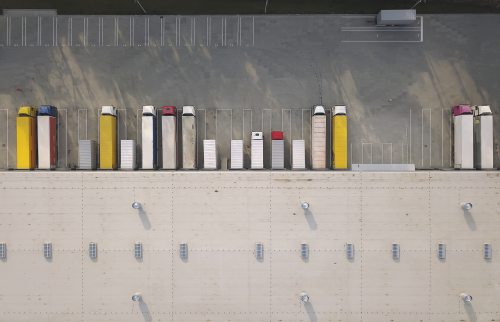The financial crisis: more failures, fears, realignment, layoffs on Wall Street, with consequences around the world. Is anyone to blame? PBS’s Religion and Ethics Newsweekly host Bob Abernethy and Rebecca Blank explore the ethical issues underlying the financial meltdown.
BOB ABERNETHY, anchor: Now, the financial crisis: more failures, fears, realignment, layoffs on Wall Street, with consequences around the world. Is anyone to blame? We explore the ethical issues underlying the financial meltdown with Rebecca Blank, an economist, a senior fellow at the Brookings Institution, and co-author of the book “Is the Market Moral?” Dr. Blank, welcome.
REBECCA BLANK: Thank you.
ABERNETHY: So in the movie “Wall Street” we were told that “greed is good.” If that’s true, to what extent was greed responsible for all that’s happened?
Dr. BLANK: Greed is clearly partially responsible for where we are right now. But greed is good to most economists. It’s greed that makes people work harder, be more productive, and helps the economy grow.
ABERNETHY: Greed is good even though it’s a sin?
Dr. BLANK: Yeah, well greed has certain economic advantages. It’s hard for an economist not to say that. But there’s a level beyond which greed can go too far, and I, being greedy for more goods and to make another buck, can stop paying attention to the effects of my action on you, and that is when greed clearly becomes sinful even, I think, in the economic books and can lead to the sort of situation that we’re in right now.
ABERNETHY: And that’s what happened in these cases. People were, traders were encouraged to take big risks and not pay attention to all the costs that there would be for people down the line if those risks didn’t pay off.
Dr. BLANK: That’s certainly true in part, but I will also say that there was also a culture where what those traders were doing was what everyone in all the cubicles next to them were doing. And, you know, there’s always the question of to what extent is that an excuse — and a justifiable excuse? There were also a lot of people at the very beginning of this, the whole sub-prime crisis that started this off, who saw themselves as providing more funds for low-income families. They were doing a good thing. So motives here are very mixed. I think it’s hard to say this is all about greed.
The Brookings Institution is committed to quality, independence, and impact.
We are supported by a diverse array of funders. In line with our values and policies, each Brookings publication represents the sole views of its author(s).



Commentary
Wall Street Ethics
September 19, 2008